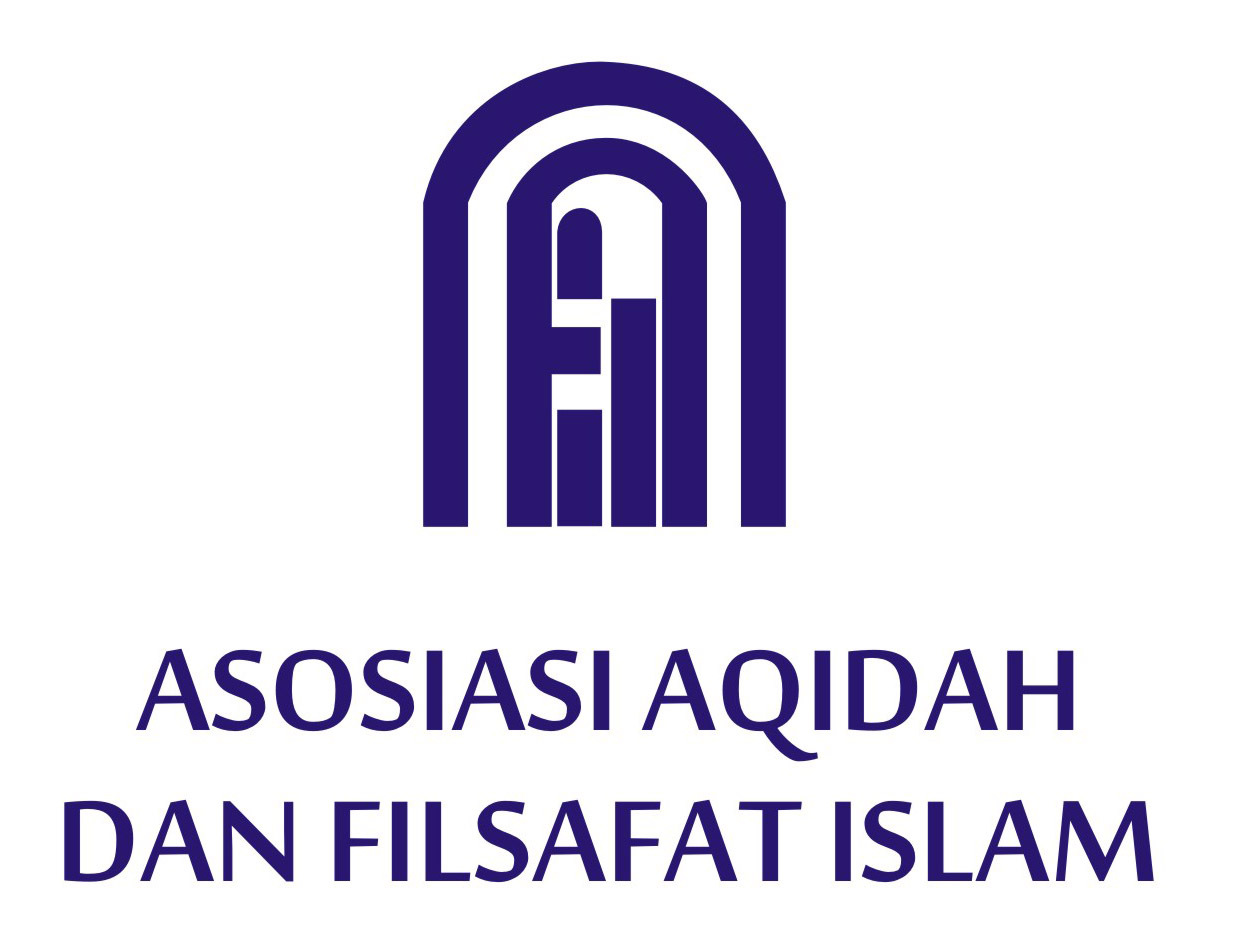Feminism Paradigm In Gender Equality Argument of Nasaruddin Umar
Abstract
Keywords
Full Text:
PDFReferences
Amin, Saidul. “Pasang Surut Gerakan Feminisme”. Jurnal Marwah, Vol. 12 No. 2 (2013).
Fata, Ahmad Khoirul. “Kritik Nalar Feminisme dalam Aturan Kuota Perempuan di Ruang Politik”. Jurnal Transformasi Administrasi, Vol. 04, No. 02 (2014).
Gilchist, Roberta. Gender and Archeology: Contesting the Past. London & New York: Routledge, 2001.
Grami, Amal. “Islamic Feminism: a new feminist movement or a strategy by women for acquiring rights?”. Contemporary Arab Affairs, Vol. 6 No. 1 (2013).
Karim, M Abdul. Sejarah Pemikiran dan Peradaban Islam. Yogyakarta: Pustaka Book Publisher, 2009.
Lucky, Nella. “Penafsiran Emansipatoris dalam Al-Qur’an Perspektif Nasaruddin Umar”, Jurnal Marwah, Vol. XII, No. 2 (Desember 2013).
Megawangi, Ratna. Membiarkan Berbeda: Sudut Pandang Baru Tentang Relasi Gender. Bandung: Mizan, 1999.
Nasir, Jamal J. Ahmad. The Status of Women under Islamic Law and Modern Islamic Legislation. Leiden & London: Brill’s Arab & Islamic Law Series, 2009.
Parvanova, Sayana. “Islamic Feminits Activism in Indonesia: Muslim Women’s Paths to Empowerment”. Austrian Studies in Anthropology, 1 (2012).
Suwastini, Ni Komang Arie. “Perkembangan Feminisme Barat Dari Abad Kedelapan Belas Hingga Postfeminisme: Sebuah Tinjauan Teoritis”. Jurnal Ilmu Sosial dan Humaniora, Vol. 2, No. 1, (April 2013).
Umar, Nasaruddin. Argumen Kesetaraan Jender Perspektif Al-Qur’an. Jakarta: Paramadina, 2001.
Walsh, Correa Moylan. Feminism. New York: Sturgis & Walton Company, 1917.
Whither, Rochelle S. “The Effects of Western Feminist Ideology on Muslim Feminist.” MA Thesis, California: Naval Postgraduate School (2005).
Zarkasyi, Hamid Fahmy. Misykat: Refleksi Tentang Westernisasi, Liberalisasi, dan Islam. Jakarta: INSISTS & MIUMI, 2012.
“NarasudinUmar: “Semua Kitab Suci Bias Gender”, http://islamlib.com/gagasan/nasarudin-umar-semua-kitab-suci-bias-gender/ (diakses 1 Februari 2016).
DOI: http://dx.doi.org/10.24042/klm.v12i1.2248
Refbacks
- There are currently no refbacks.
Copyright (c) 2018 KALAM
KALAM [ISSN: 0853-9510, e-ISSN: 2540-7759] published by Faculty of Ushuluddin and Religious Study, Universitas Islam Negeri Raden Intan Lampung in collaboration with Asosiasi Aqidah dan Filsafat Islam (Islamic Theology and Philosophy Association)
Office: Faculty of Ushuluddin and Religious Study, Universitas Islam Negeri Raden Intan Lampung. Letkol H. Endro Suratmin Street, Sukarame, Bandar Lampung, Lampung, Indonesia, Postal code 34513. Website: http://ejournal.radenintan.ac.id/index.php/kalam, Email: kalam@radenintan.ac.id.
 This journal is licensed under a Creative Commons Attribution-ShareAlike 4.0 International License.
This journal is licensed under a Creative Commons Attribution-ShareAlike 4.0 International License.


